Although there are no notable cases of of violence, Muslims feel pressure to conform due to prejudices on campus.
From threats to ban all Muslims from entering the U.S. to making outlandish generalizations and accusations against Muslim civilians post-9/11, President Donald Trump has frequently made headlines with his notable anti-Muslim sentiments and legislative proposals.
“I think Islam hates us,” Trump said to CNN in March 2016. “There’s something there that — there’s a tremendous hatred there. There’s a tremendous hatred. We have to get to the bottom of it. There’s an unbelievable hatred of us.”
Hostility toward Muslims in the U.S. is at the highest rate it has been since 9/11. In 2015, the FBI recorded 91 physical assaults on Muslims motivated by anti-Islam prejudice, indicating a 67 percent increase from the preceding year, according to Pew Research Center. More recently, a report from the Council on American-Islamic Relations shows that the number of hate crimes against Muslims has increased 91 percent in the first half of 2017 from the rate in the first half of 2016.
For members of the Wake Forest Muslim community, the time since 9/11 has been tumultuous, and Trump’s hostile words of intent have only made worse their feelings of insecurity.
“We’ve seen white supremacists and white nationalists feeling emboldened, and we have had a target on our backs since 2001,” said alumnus Mustafa Abdullah, founder of the new Muslim Alumni Association.
One former member of the Wake Forest Muslim community knew these feelings well, having dealt with personal and institutional-level discrimination. Imam Khalid Griggs, who served as a community advisor to the Chaplain’s office for 10 years before holding an official position for another seven years, was the first staff member brought on to specifically address the needs of the Muslim community.
“Imam Griggs laid the groundwork; we wouldn’t be here without him,” said alumnus Naijla Faizi, Griggs’ successor and the new director of Muslim Life Programming.
One of Griggs’ greater challenges as the sole Muslim community advisor came in 2011 when Wake Forest alumni created an alumni network called Alums for a Sharia Free Campus. This organization attempted to publicly defame Griggs by accusing him of trying to implement Sharia law on Wake Forest’s campus by creating websites on which they published fabricated documents while colluding with organizations like the Center for Security Policy and Jihad Watch, an anti-Muslim group masquerading their bigotry under the guise of national security initiatives, said Abdullah.
Wake Forest administrators took a relatively complacent stance in renouncing the allegations against Griggs, according to Faizi and Abdullah. Since then, the tragic shooting of three Muslim students at University of North Carolina Chapel Hill in February 2015 served as a wake-up call for Wake Forest and universities of similar stature. This prompted the administration to assume a more active role in protecting its Muslim students, faculty, and staff, according to Abdullah.
While Wake Forest may not have such notable cases of violence against Muslims on campus as the Chapel Hill shootings, members of the Muslim community have voiced their experience and challenges with other forms of Islamophobia that make it difficult to find a sense of belonging. Most commonly, many Muslim students, faculty and staff face both external and internal pressure to assimilate, according to Faizi.
She said that “a lot of people feel that being Muslim is a stigma; it’s something negative that they carry with them.”
Junior Mariam Syed shared similar feelings on the matter.
“I wish non-Muslims, mainly white people, understood the pressure to assimilate and get rid of certain aspects of my cultural expression,” Syed said. “I never feel like it is okay for me to be different, and no one ever asks.”
This sentiment does not seem to be out of place in the greater Muslim community at Wake Forest.
Faizi is encouraging students, faculty, and staff to “engage with difference” and ask questions to help understand other communities by attending prayer sessions in the Muslim student lounge, discussion groups, and the Judaism and Islam 101 Lunch-and-Learn series on Thursdays.
Members of the Muslim alumni community at Wake Forest remain hopeful that conditions for Muslims on campus will not deteriorate in light of Trump’s intolerance.



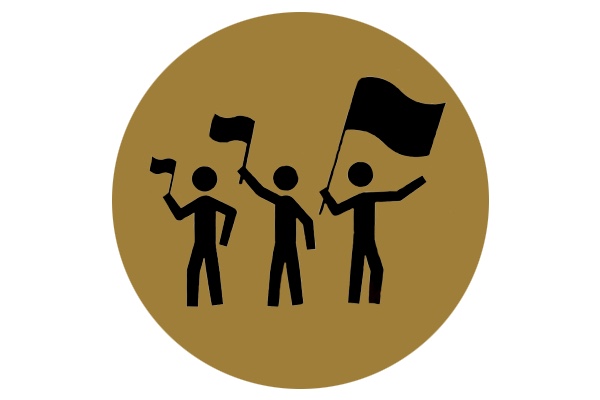
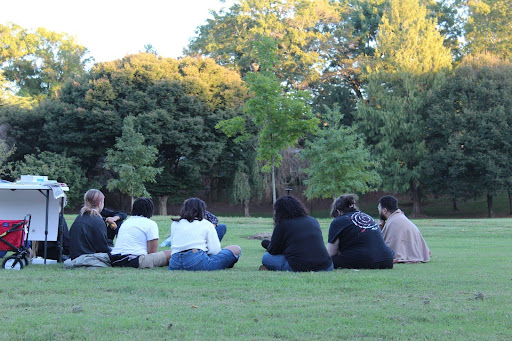
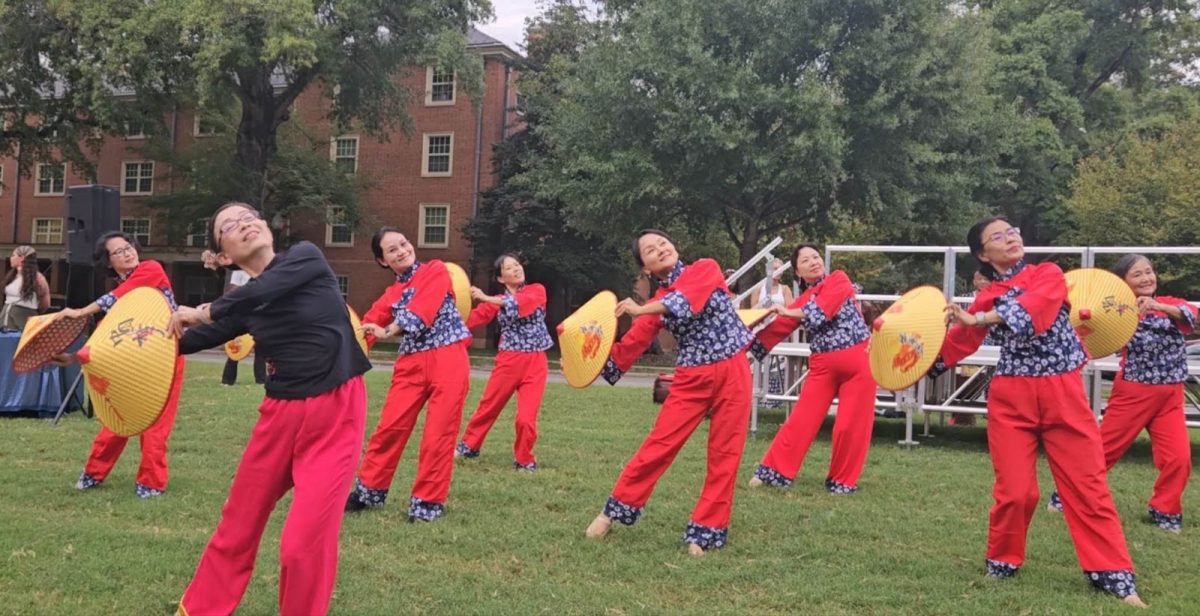
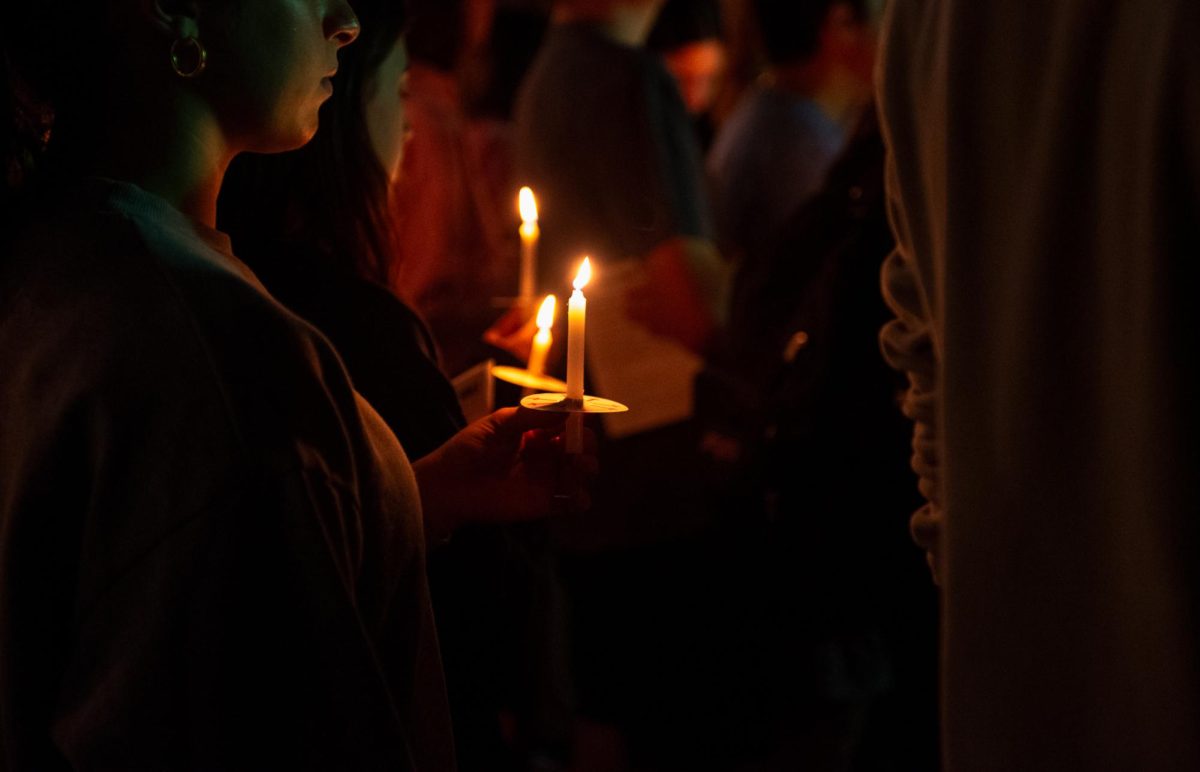

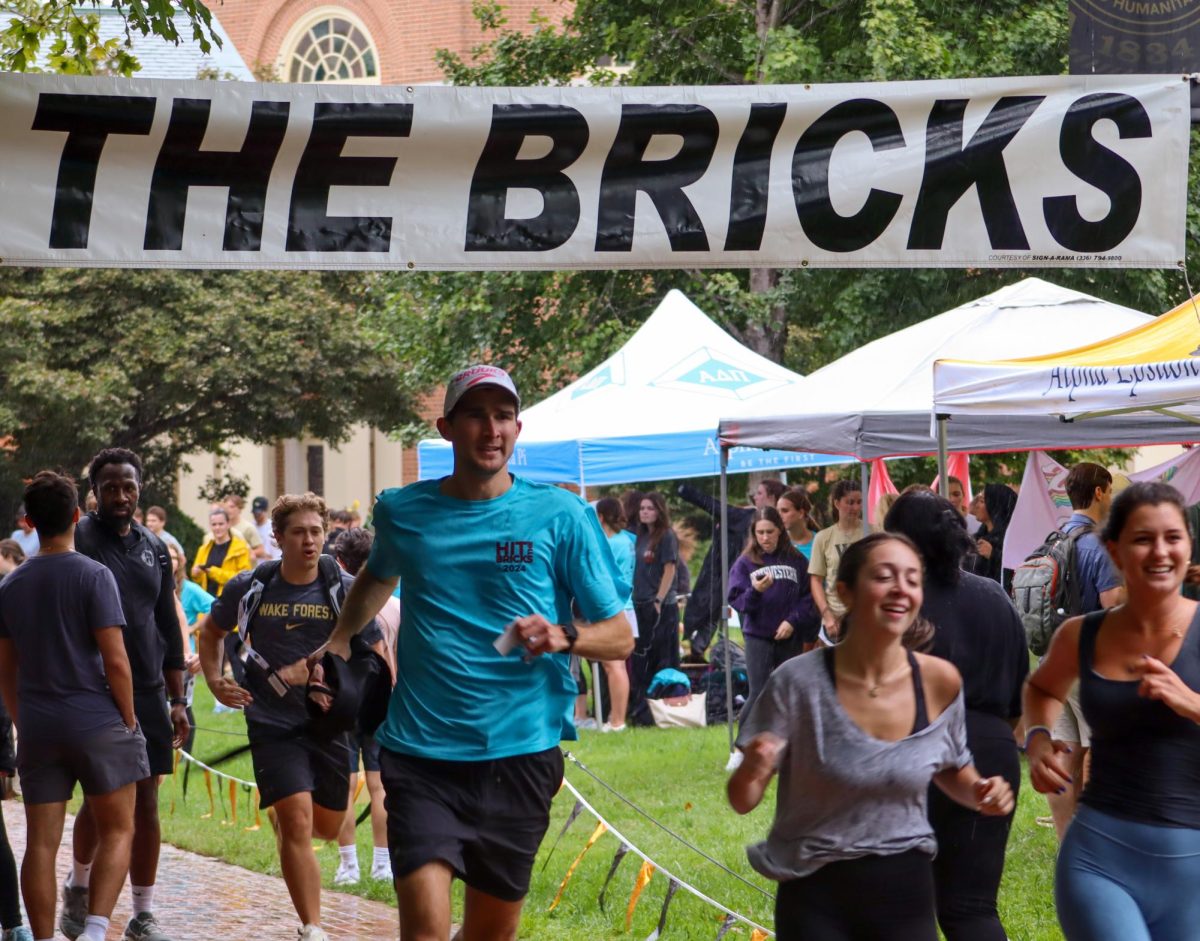
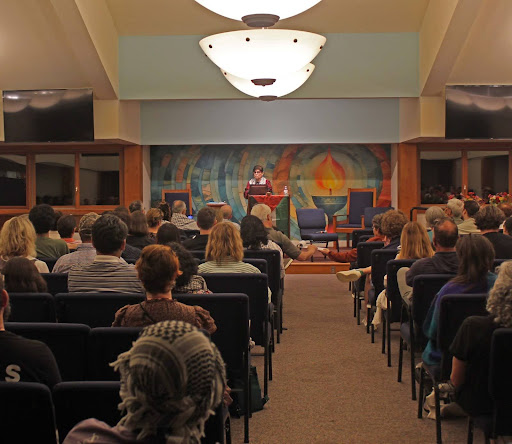



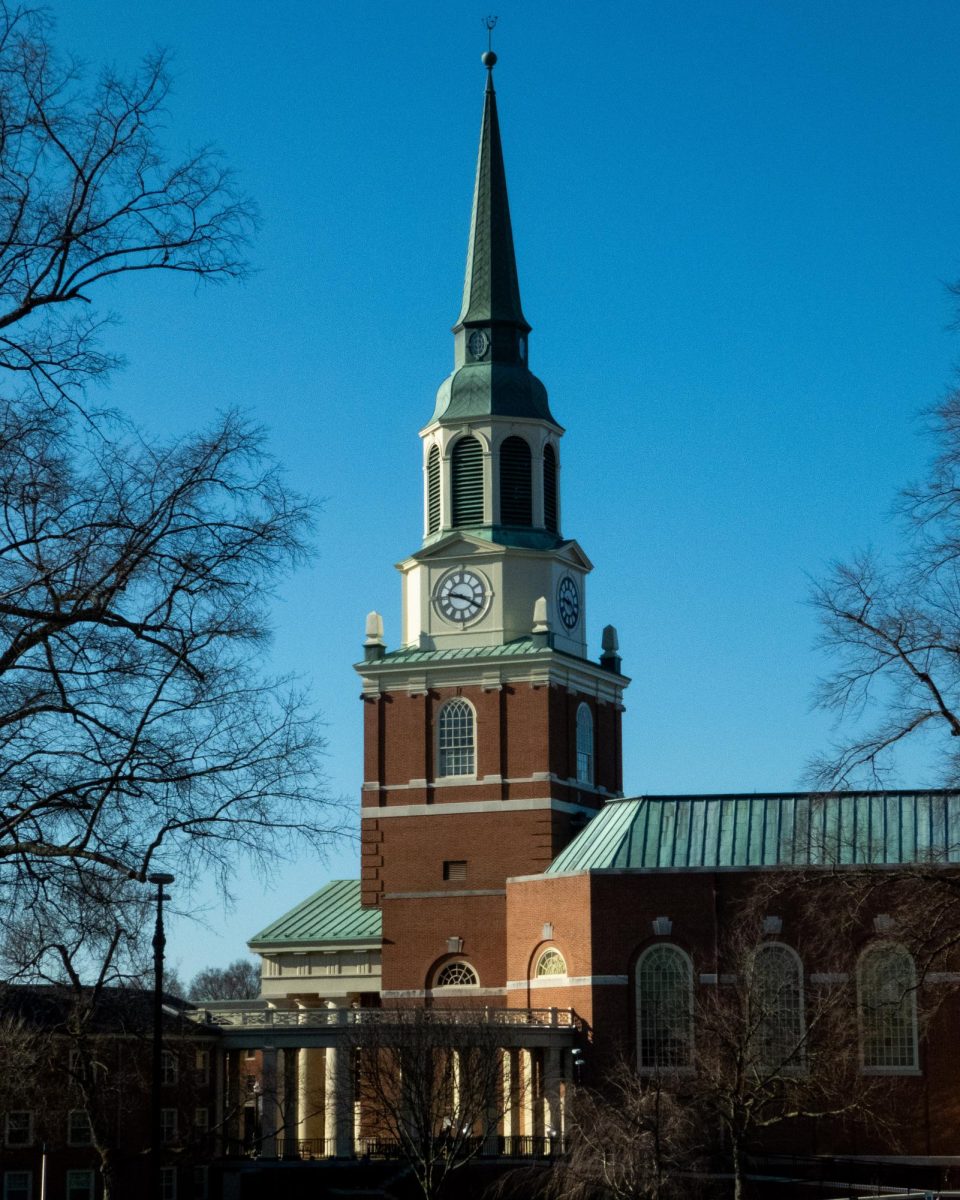
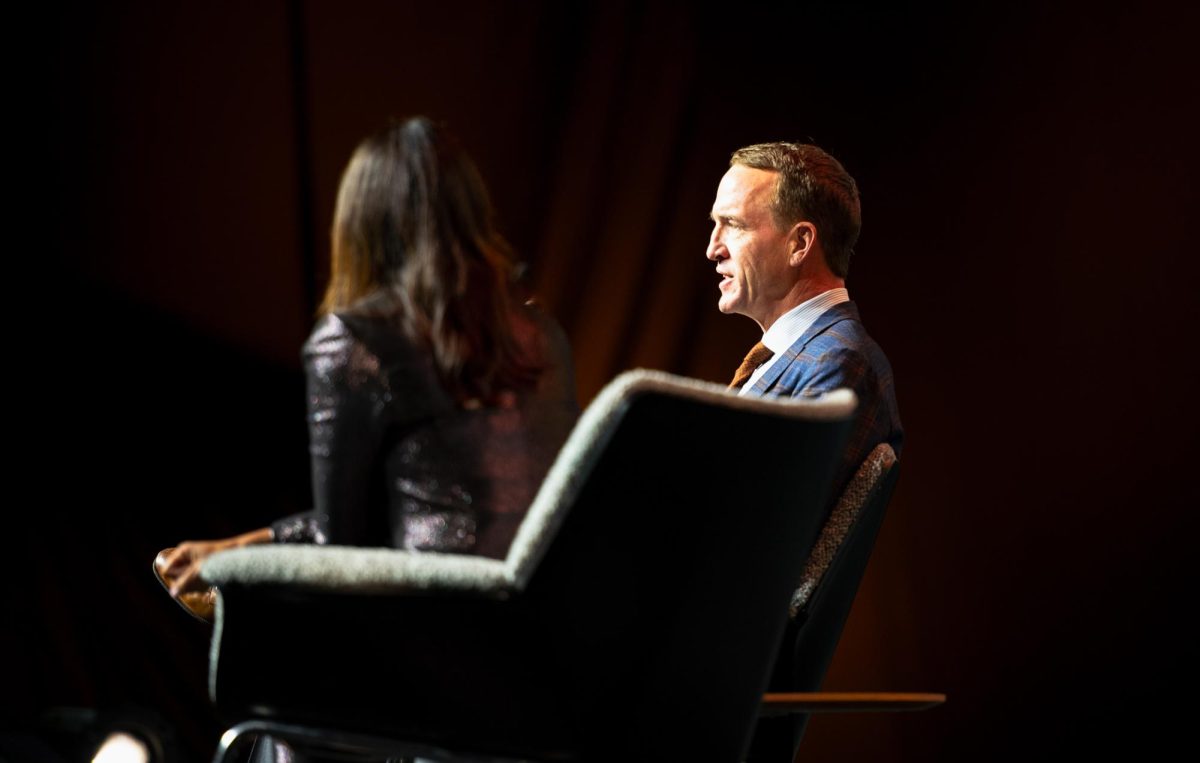

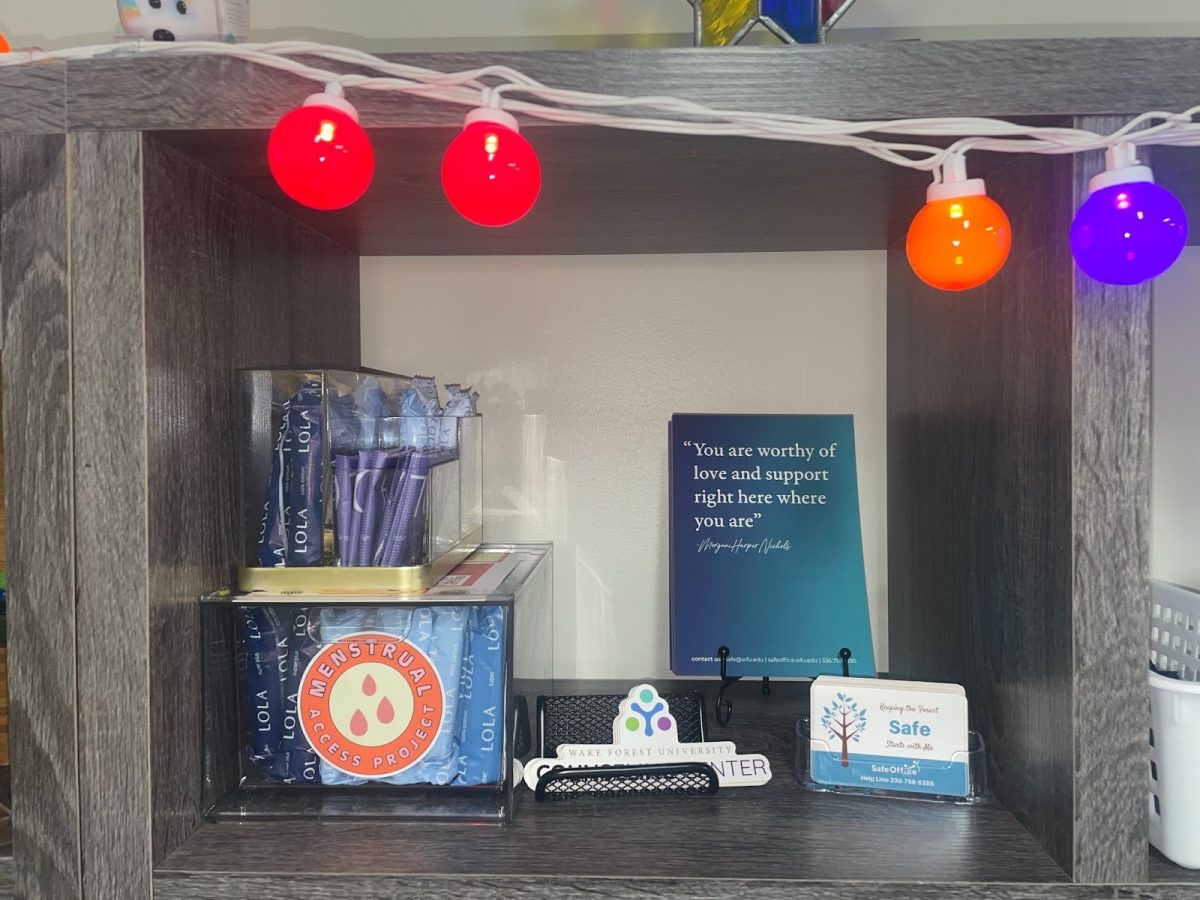



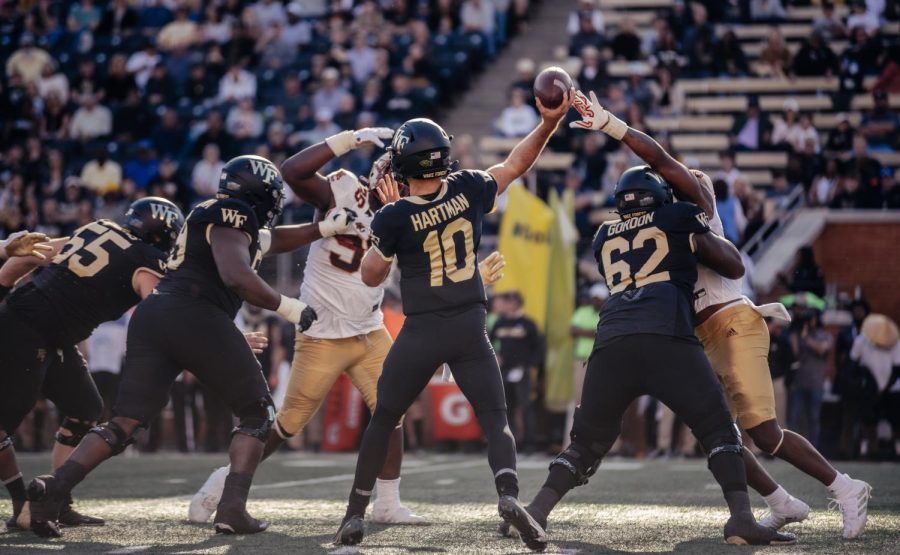
John D. Horton • Nov 11, 2017 at 1:38 pm
Islam is not a religion within the meaning of the First Amendment to the US Constitution. The Founding Fathers of the USA designed it as a White and Christian nation: Just look at the Immigration Act of 1790.
Islam is not a religion but a totalitarian ideology of conquest and subjugation similar to Naziism and Communism. Because of this, Islam has been effectively banned in the following countries: China, Japan, Angola, Poland, Slovakia, Myanmar (Burma), Bhutan, North Korea, Samoa etc.
All Muslims shoud be deported out of Europe and the Western Hemisphere as it is incompatible with Western democracy.
Esse Em • Feb 9, 2018 at 10:16 am
Oh, Johnny, you make it too easy.
Let’s review your list of countries who you hold up as visionary because they have “banned” Islam:
China, Japan (??), Angola, Poland, Slovakia, Myanmar (Burma), Bhutan, North Korea, Samoa etc…
Gosh, that’s quite a list Johnny.
Hopefully, your god can show some mercy on the people who have to live close to your hateful mind.
PS- Let me guess: you graduated before Wake’s psuedo-integration in 1962?
PPS- Sorry, Johnny, but there are 185,000 Muslims in Japan. Maybe you’re thinking back to your childhood in the 1890’s?
John D. Horton • Feb 9, 2018 at 11:14 am
“PPS- Sorry, Johnny, but there are 185,000 Muslims in Japan”
I am sure there are Muslims in all the “Muslim ban” countries. Muslim / Islamic ban means no public practice of the religion / totalitarian political and governmental system of Islam e.g.:
— no mosques,
— no prayer calls,
— no public religious dress, e.g. burkas for women or robes for men,
— no female genital mutilation,
— no polygamy,
— no first cousin marriages,
— no head chopping off for non-Muslims,
— no hand chopping off for thieves,
— no Jihad,
— no trucks rolling over people,
— no machine guns fired at music concerts or night clubs etc.
Do you comment on the Southern Poverty Law Center / Hate Watch website? Most of the commentators there have a diminutive way of replying to other commentators.
If you want to live in a Muslim / Sharia country where all other religions are either out right banned (Saudi Arabia) or under constant attack (Egypt, Syria, Iraq, Pakistan, Afghanistan etc.), I think there are around 60 of them world wide, the largest by population being Indonesia. Wouldn’t it be easier for you to move to a Muslim country rather than having Islam imposed on the West / First World.
If things continue on today trajectory, Europe will be Sharia compliant within 50 years.
p.s.: For some unknown reason, currently, all Islamic countries are in the Third World. I wonder what the reason for that is? Maybe the Islamic conquest of Europe is designed to make Islam a First World religion and political system? Or, more probably, once Europe becomes Islamic it will slip into becoming Third World rather than First World.